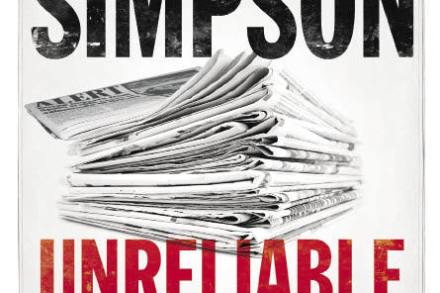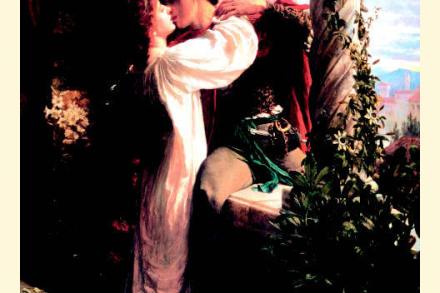Casualties of war and peace
More from BooksJohn Simpson quotes Humbert Wolfe’s mischievous lampoon but makes it clear that, in spite of the somewhat disobliging title of his book, he does not accept it as fair comment. You cannot hope to bribe or twist, Thank God! The British journalist. But seeing what the man will do Unbribed, there’s no occasion to. John



























